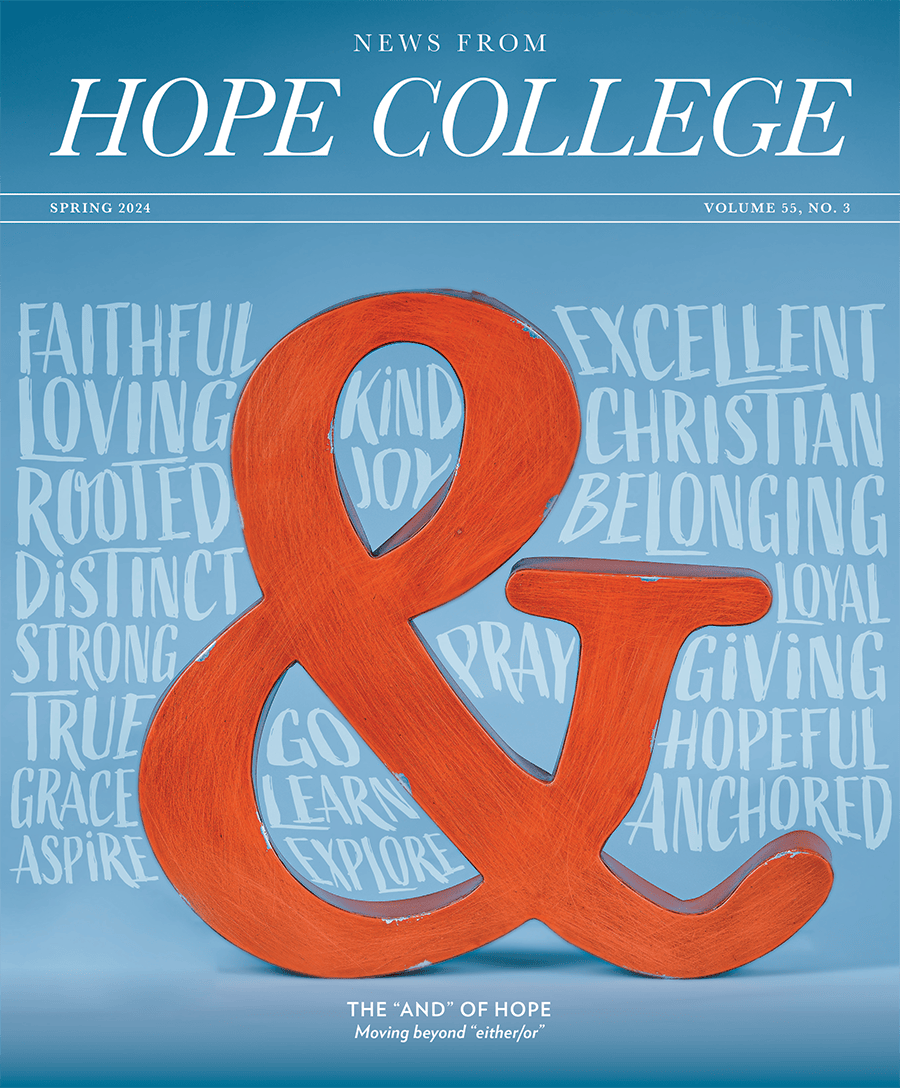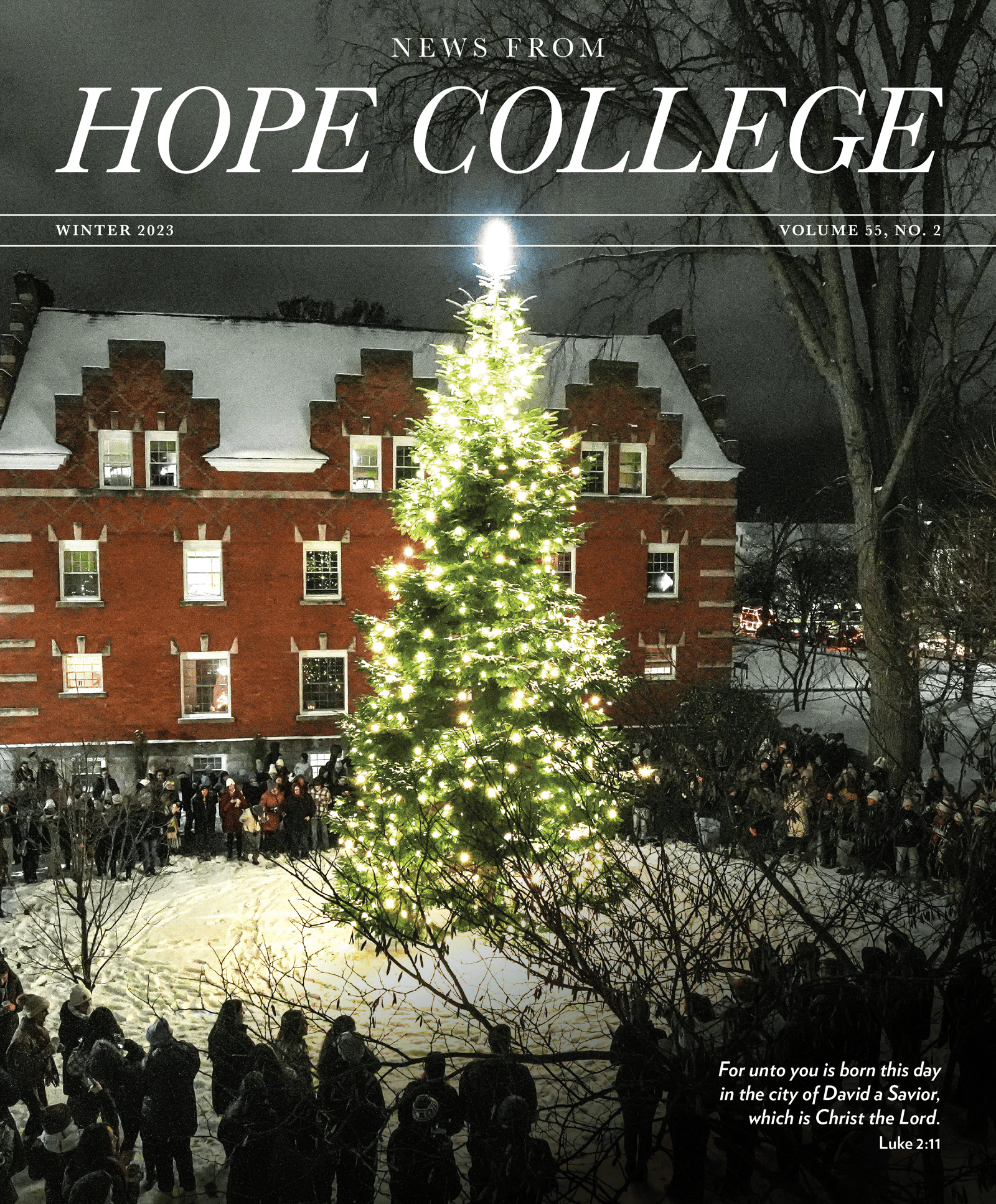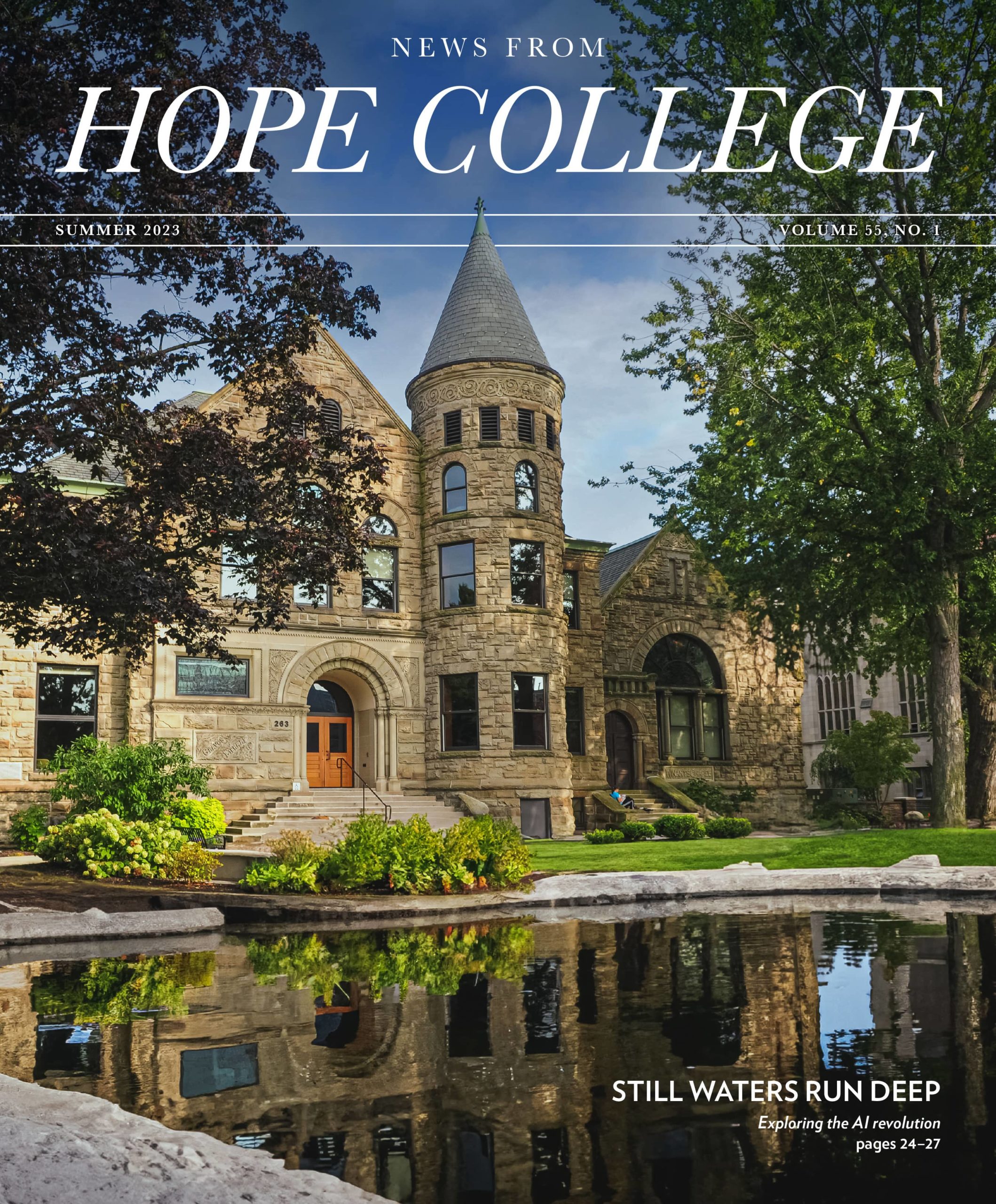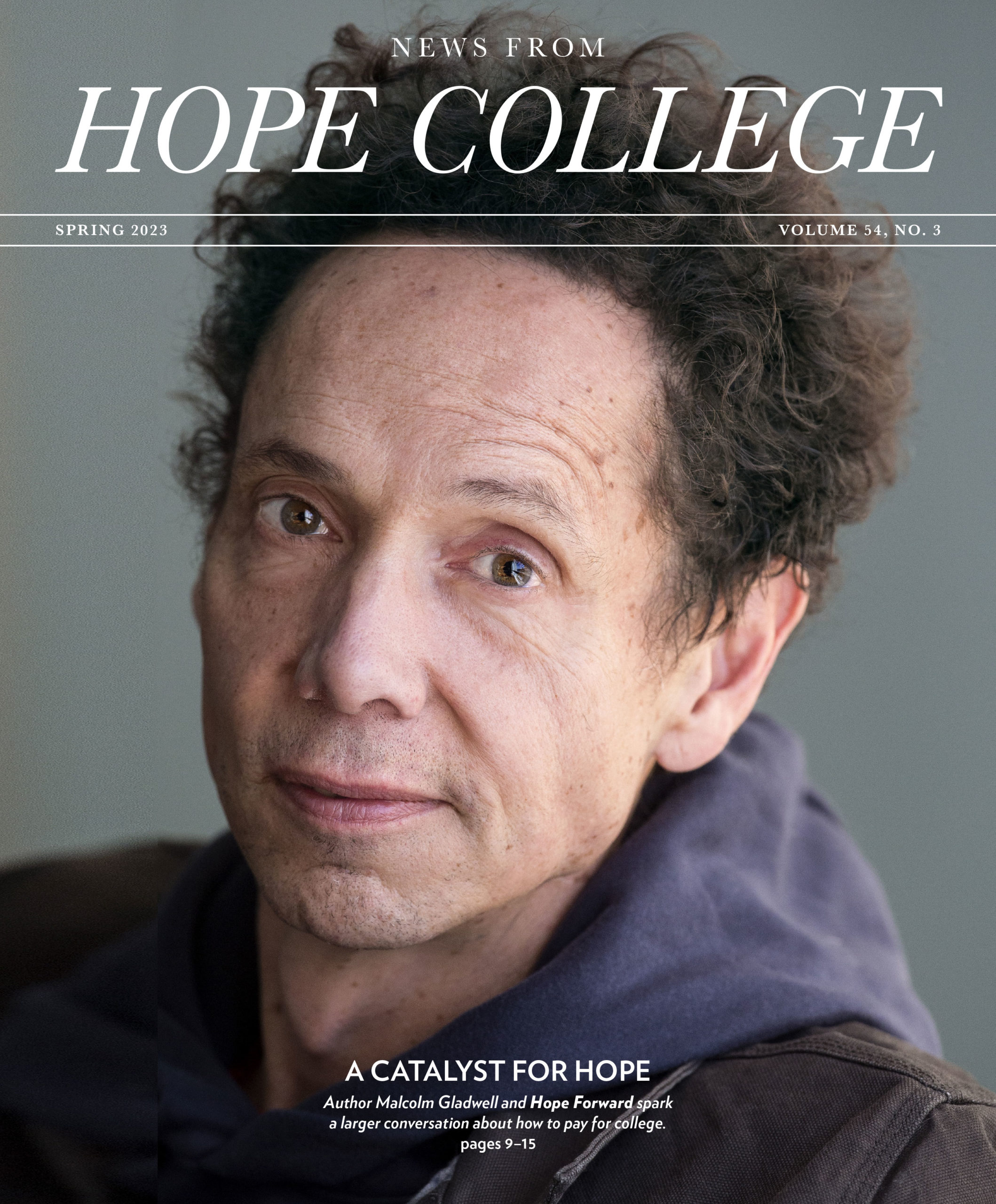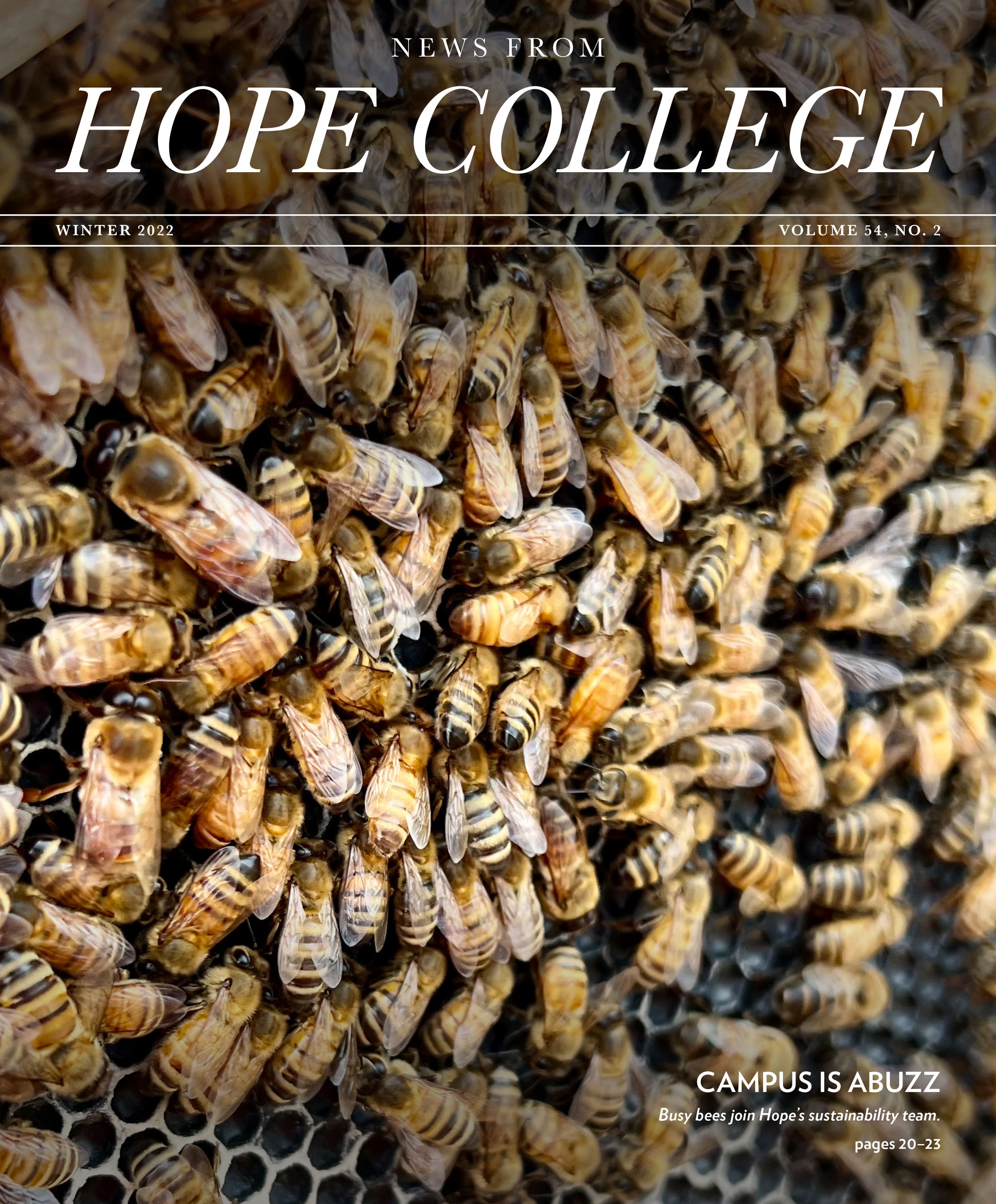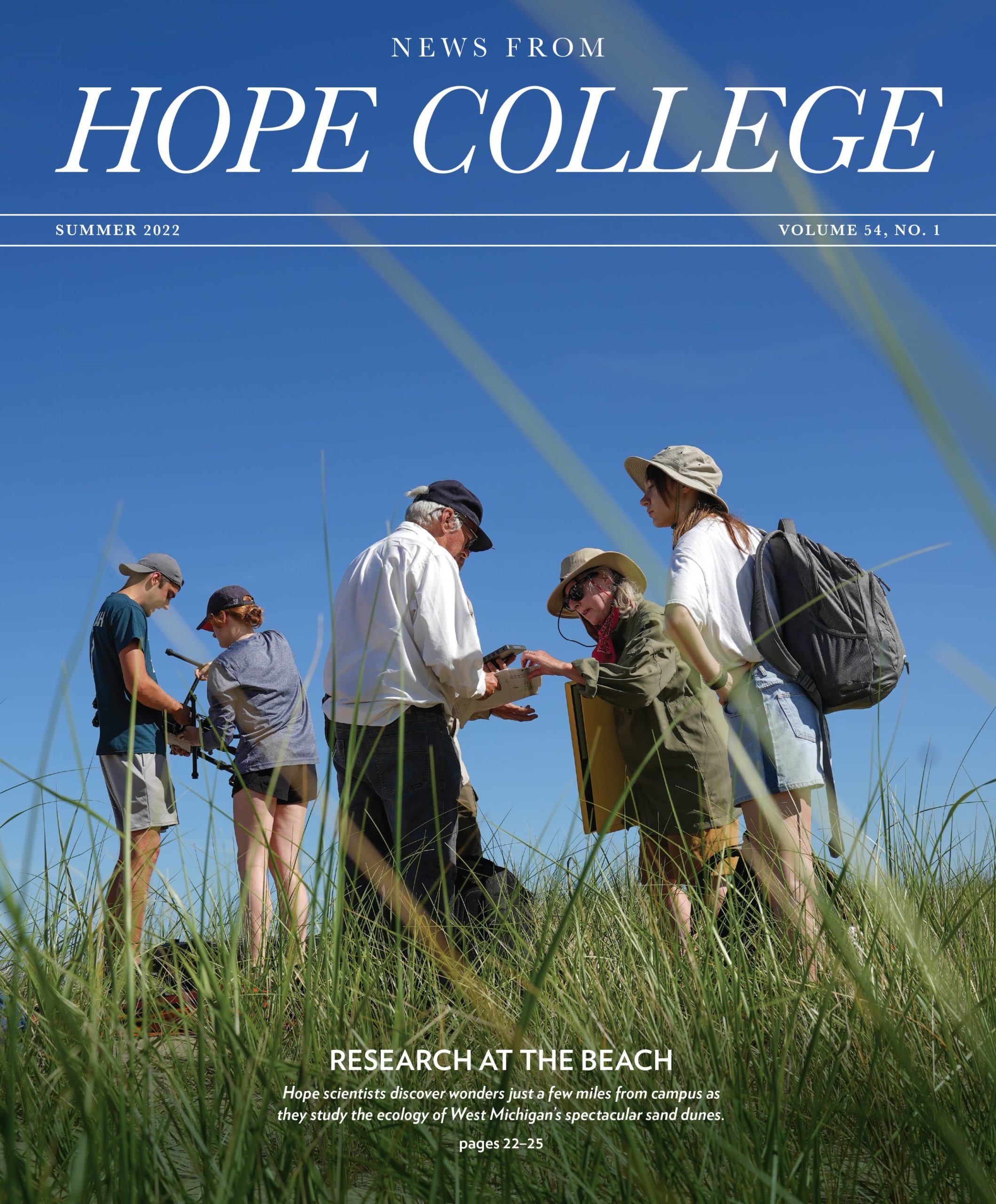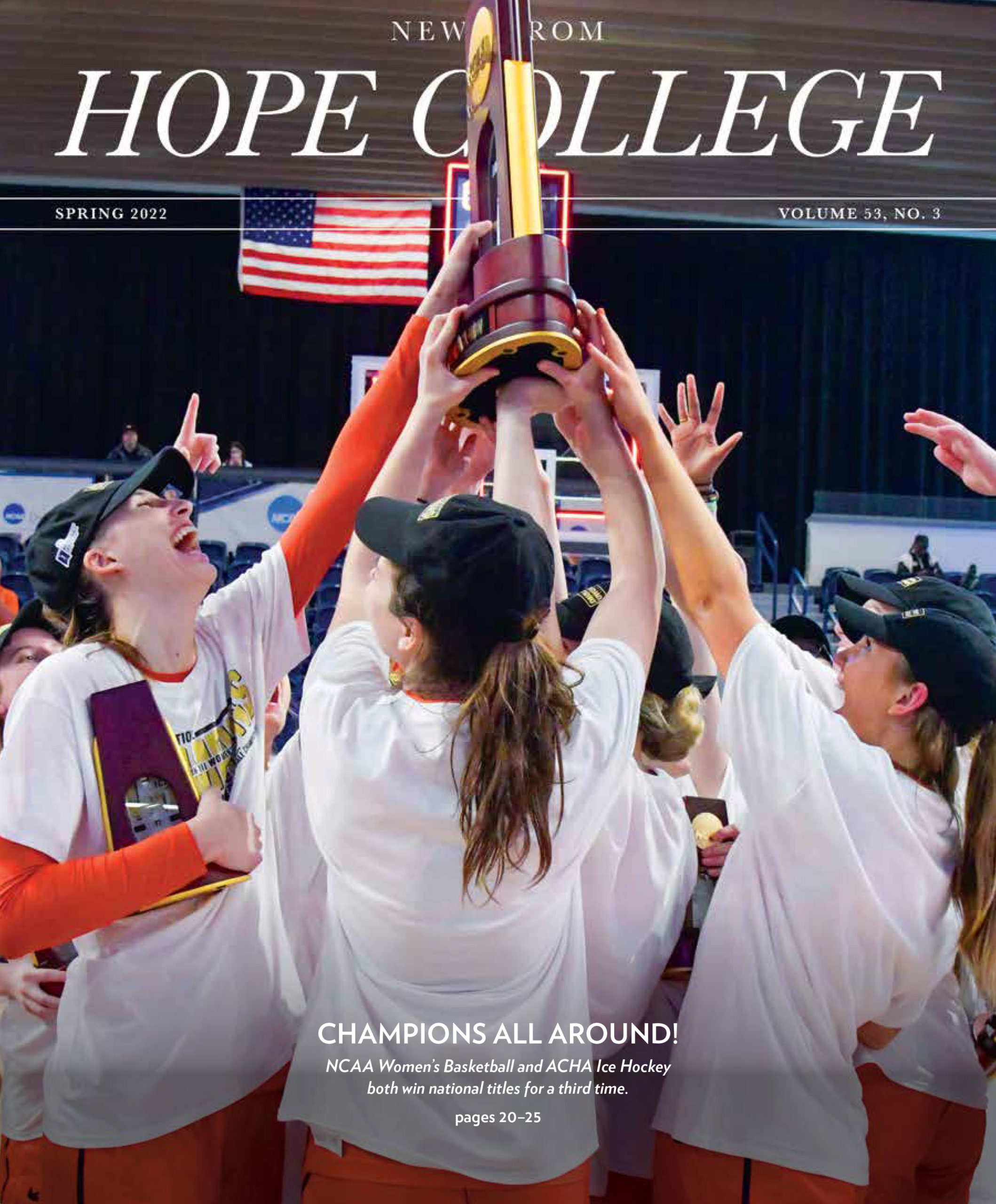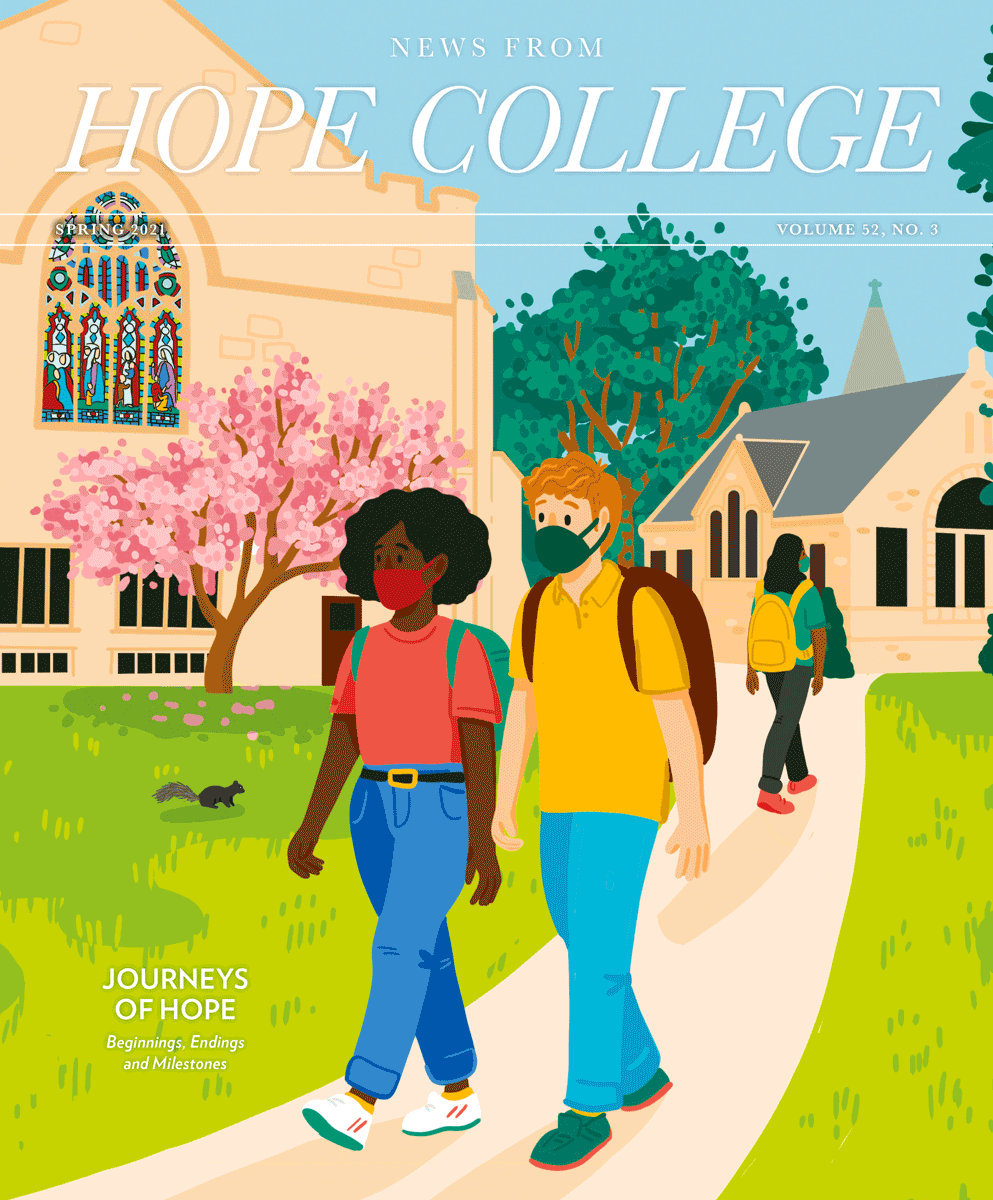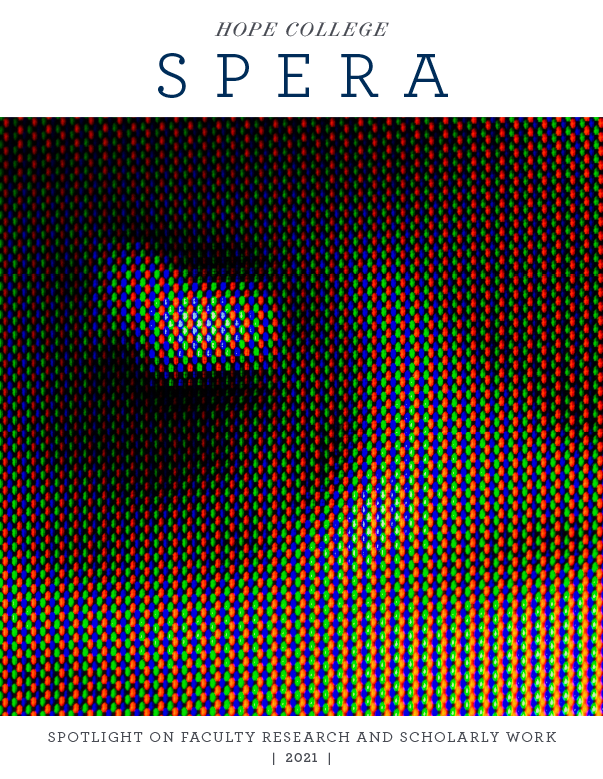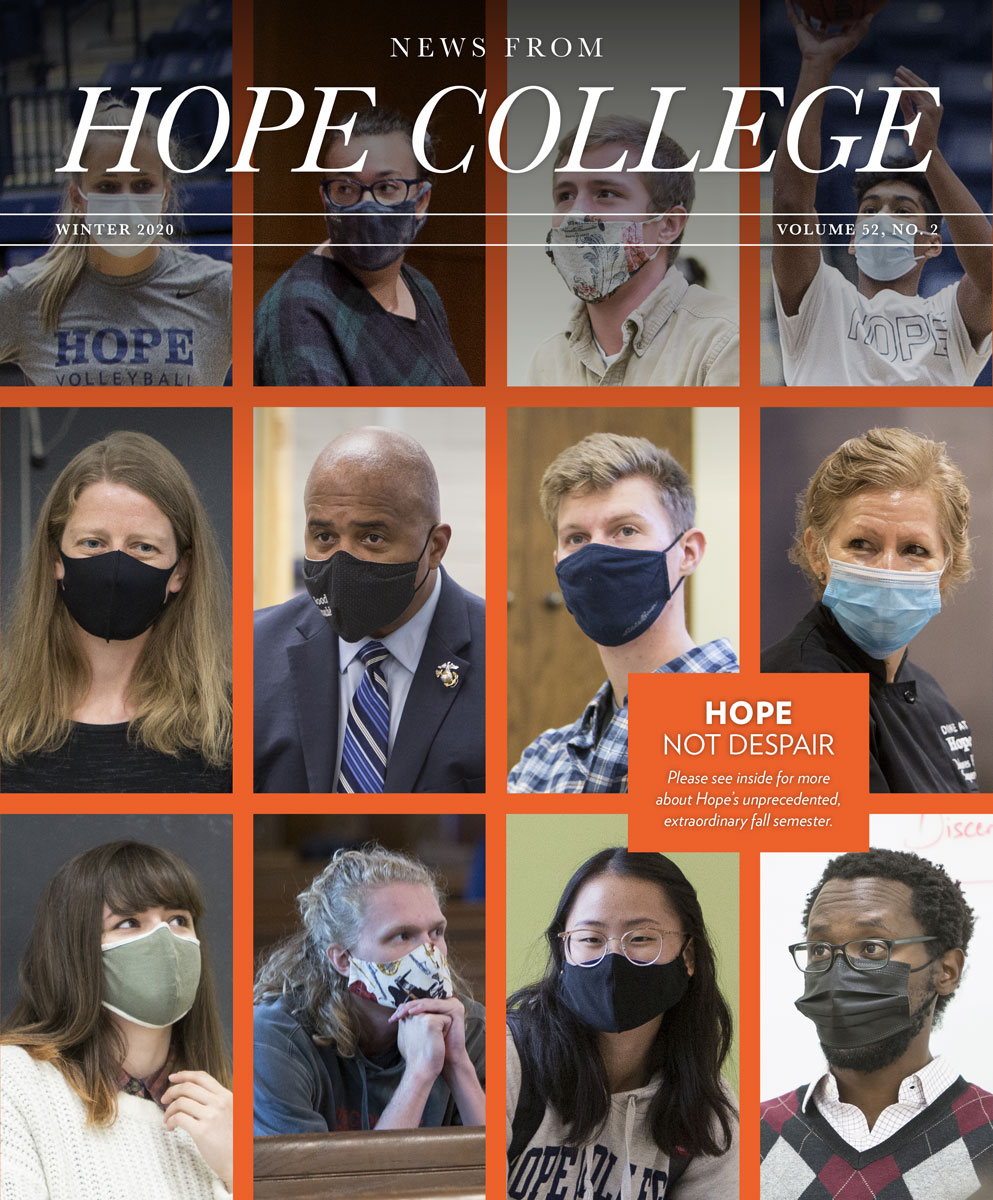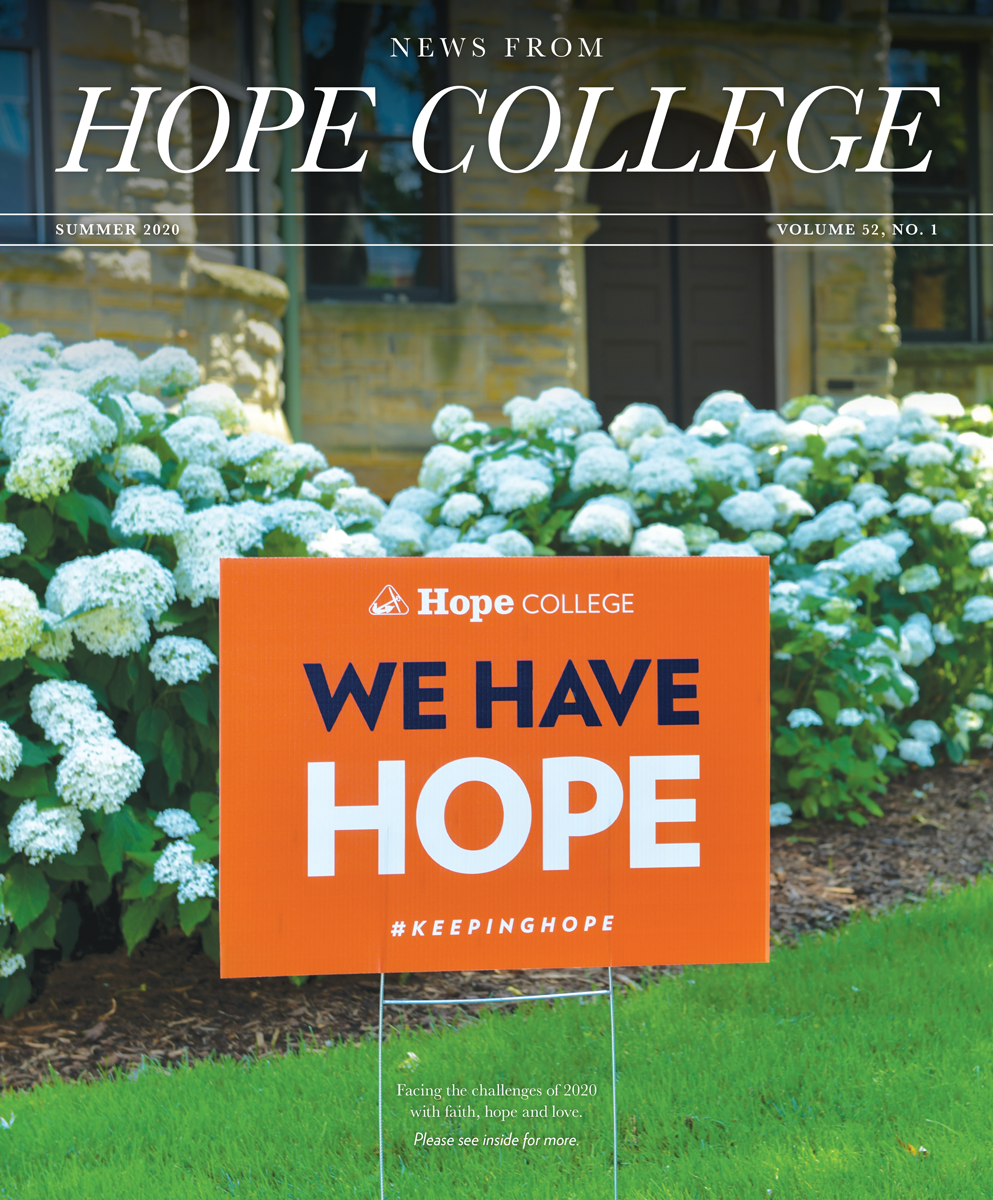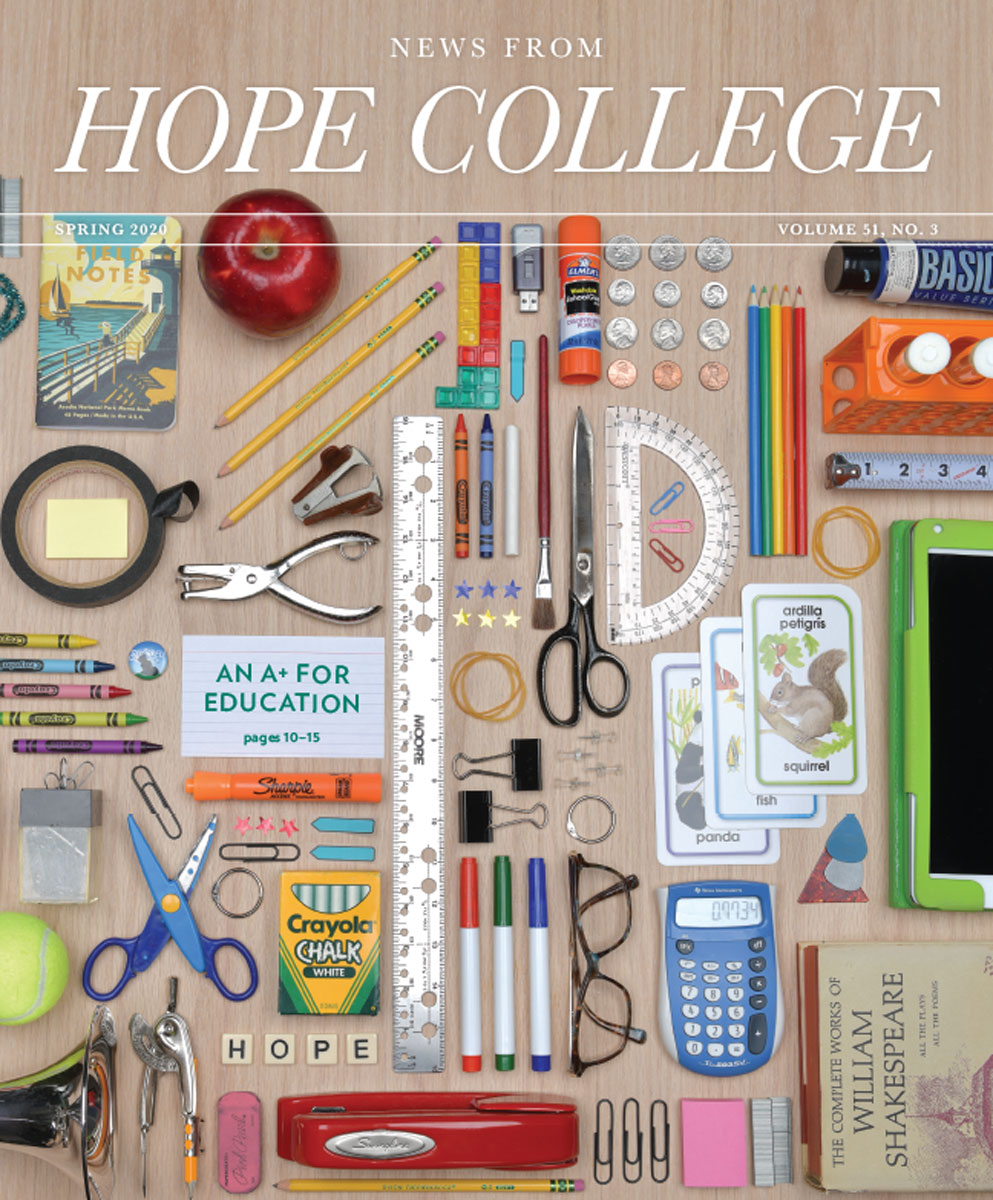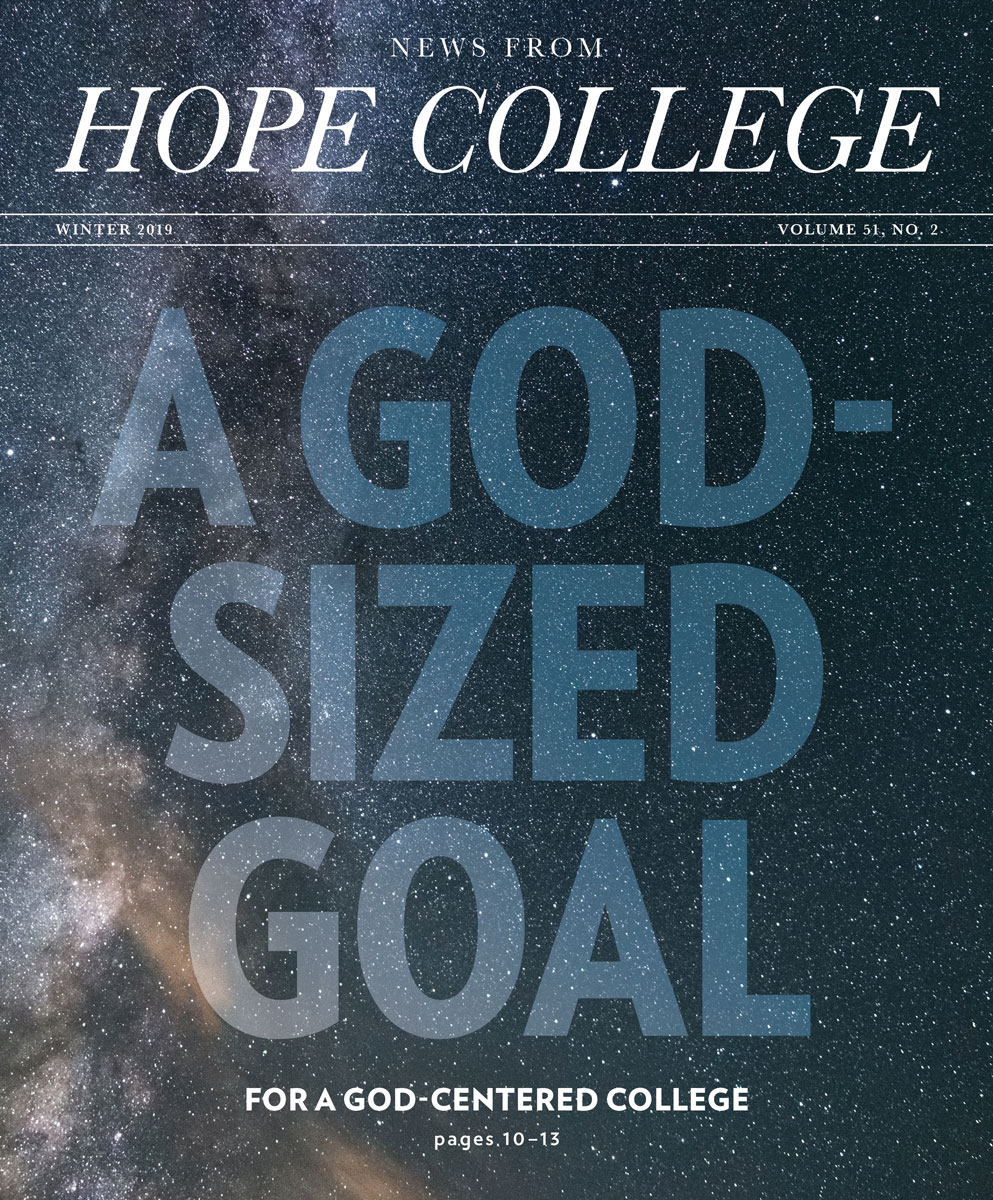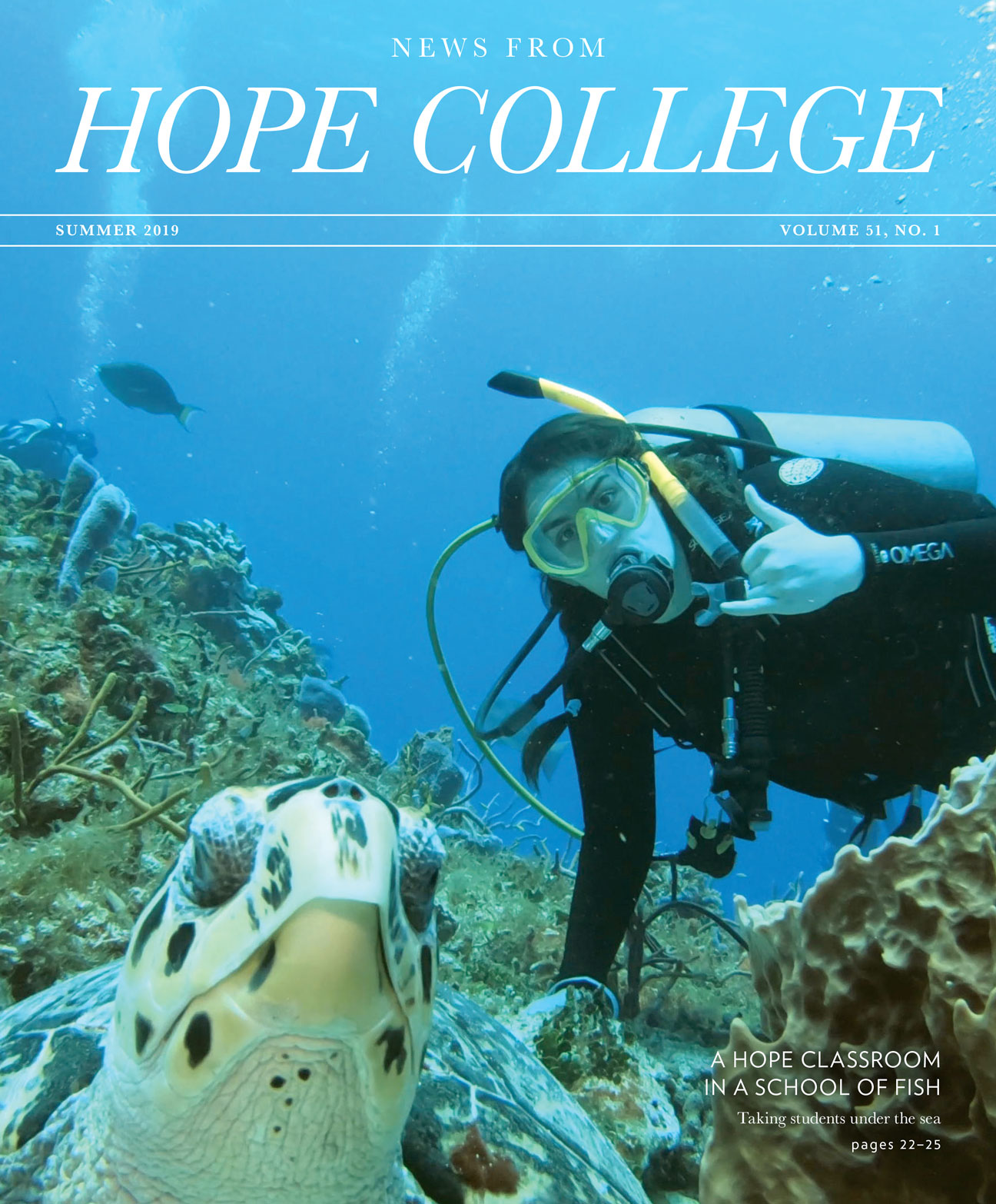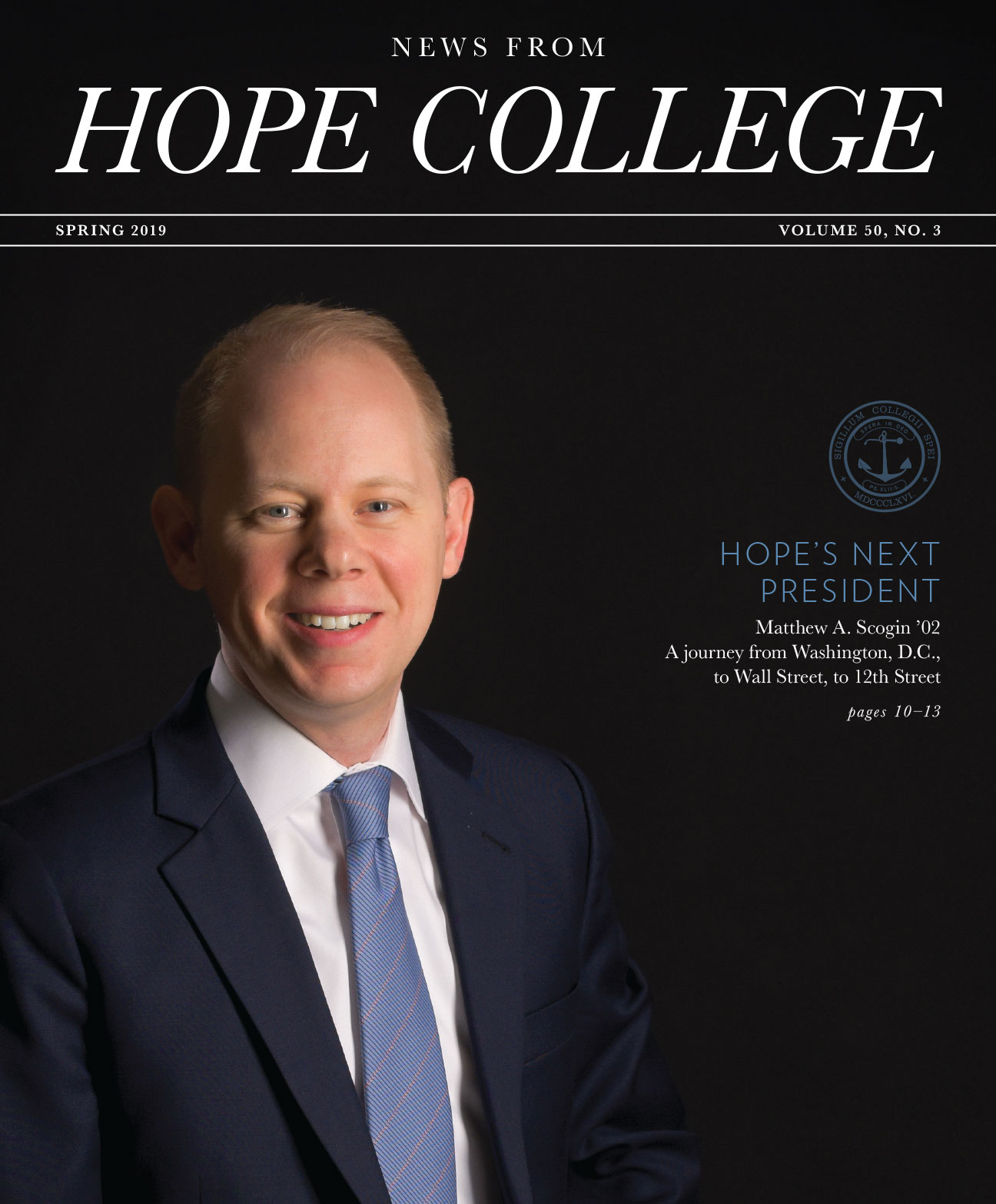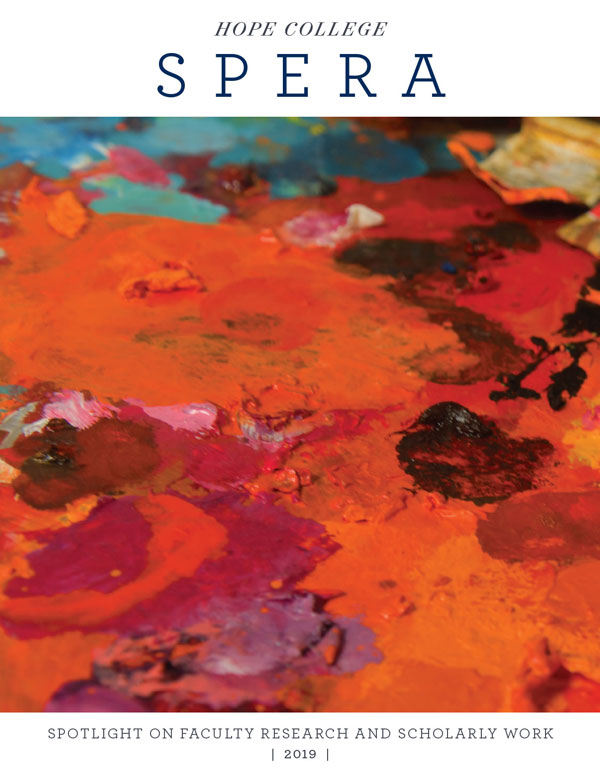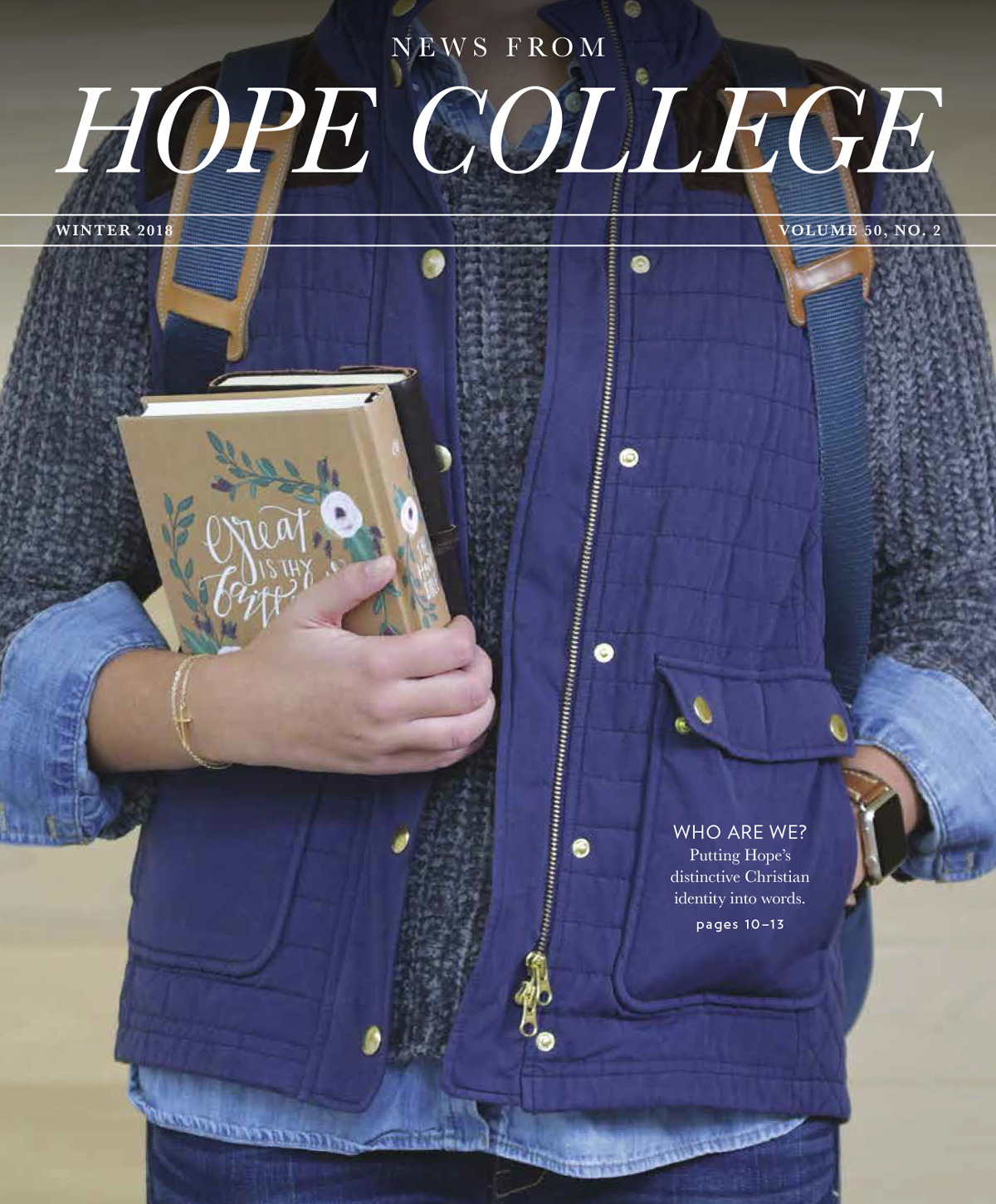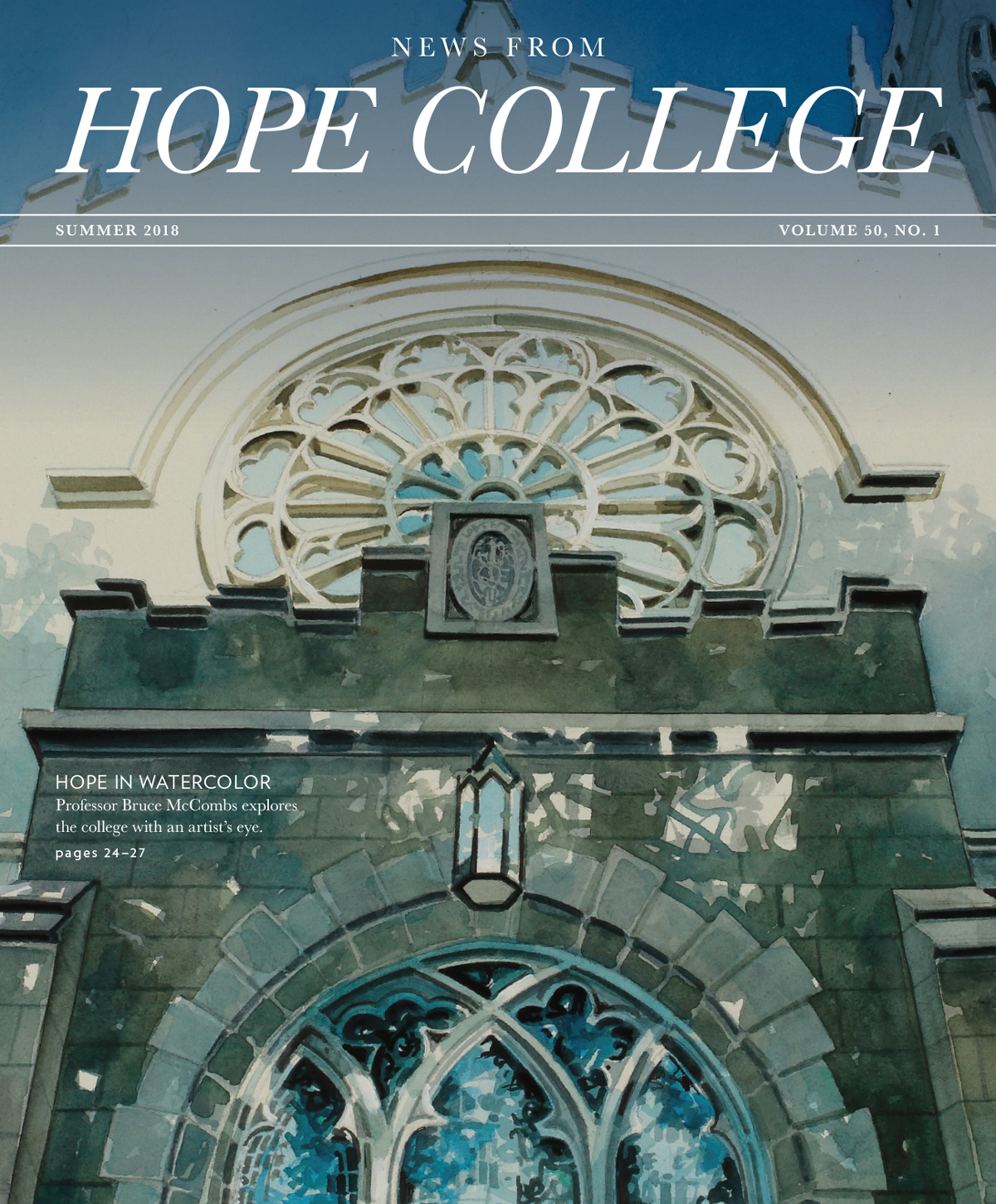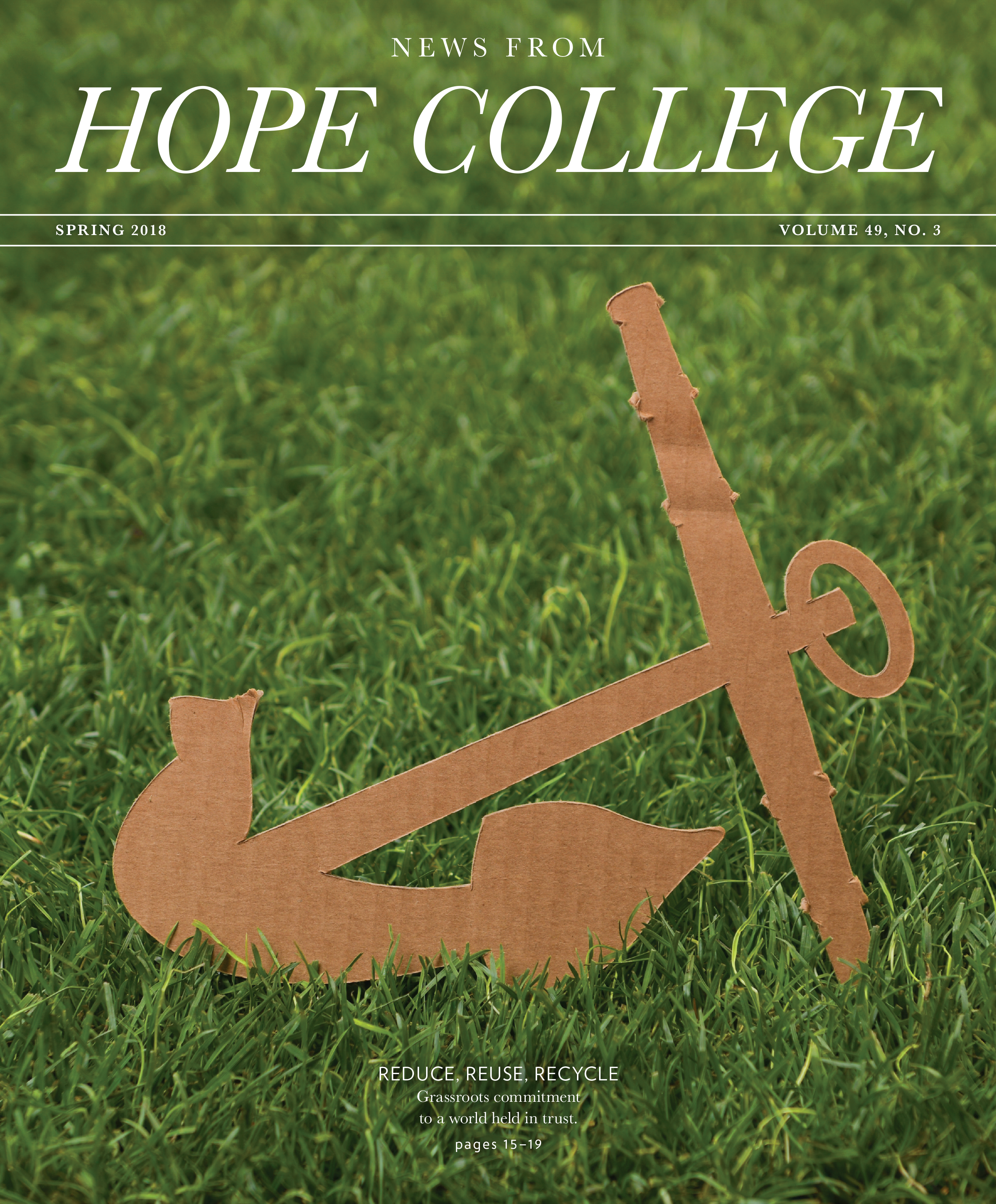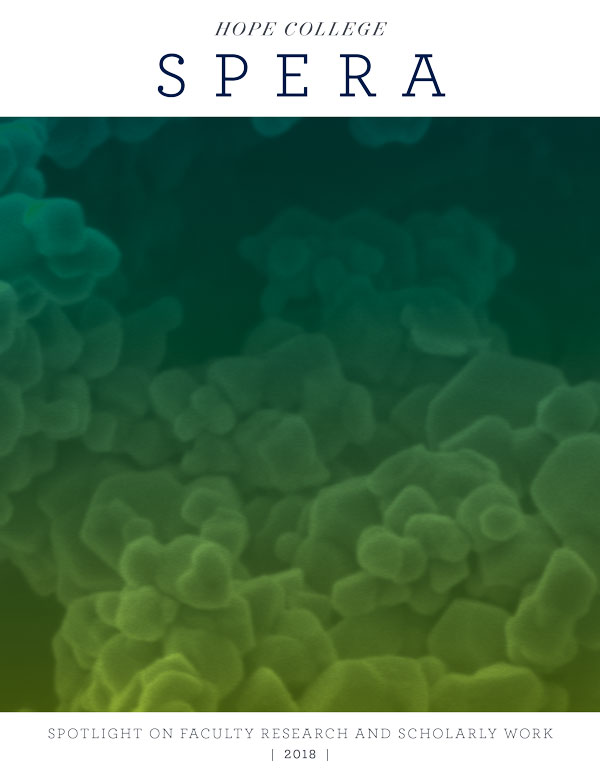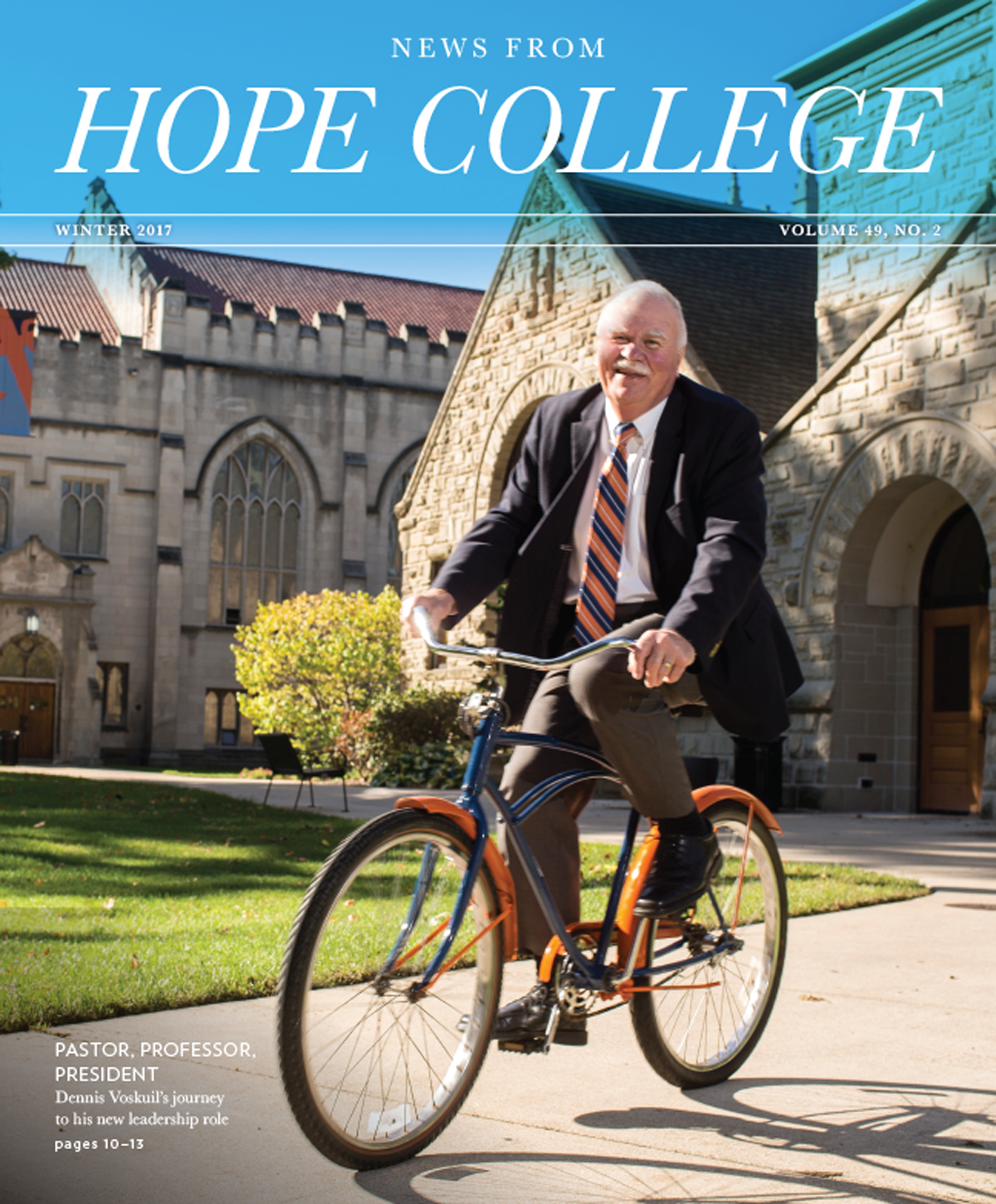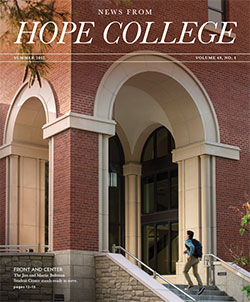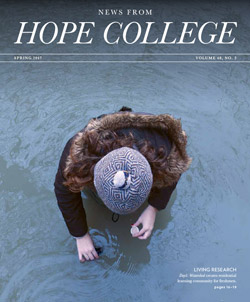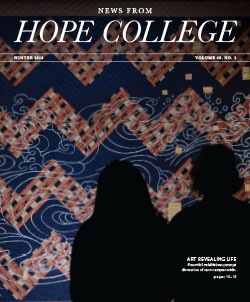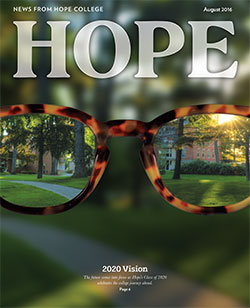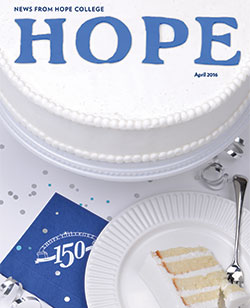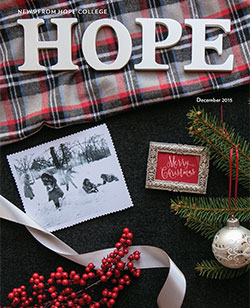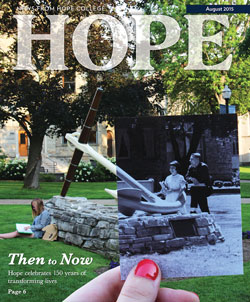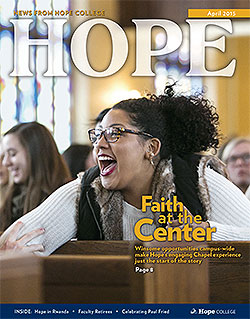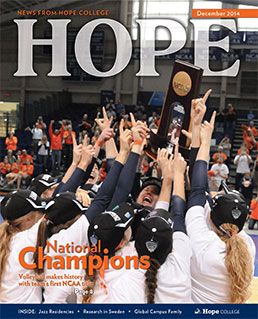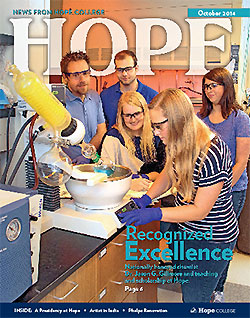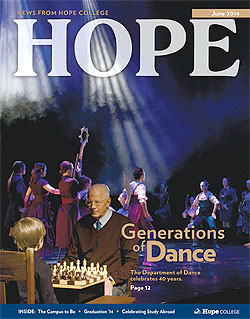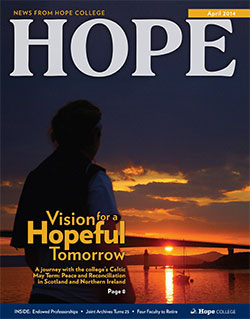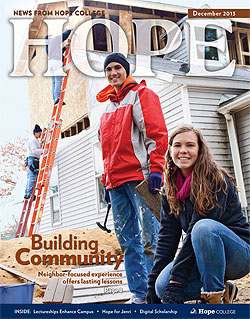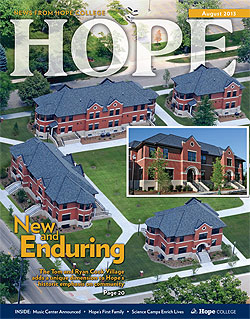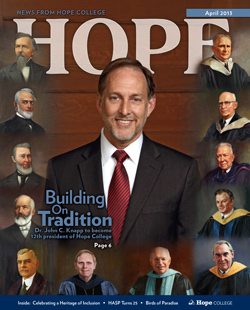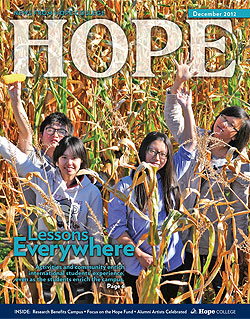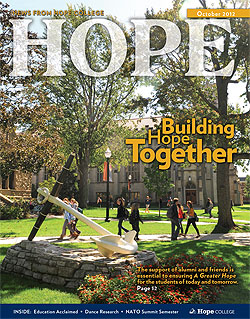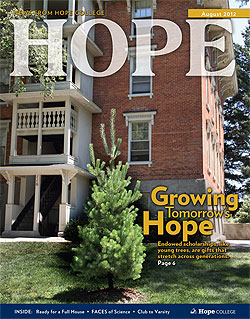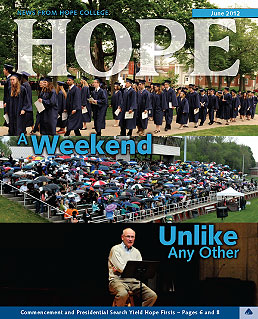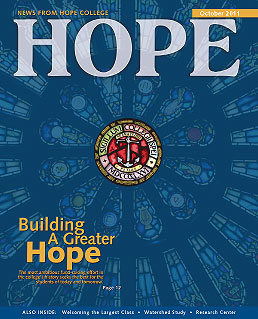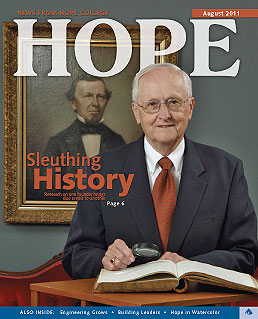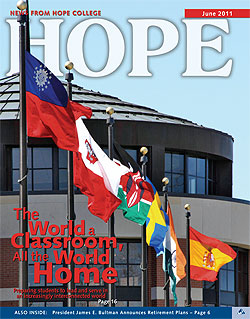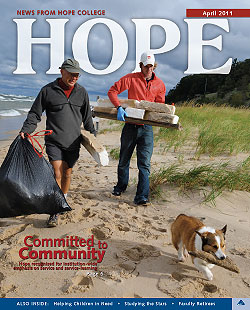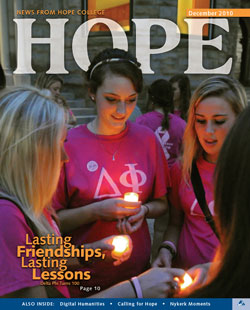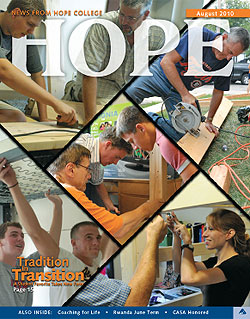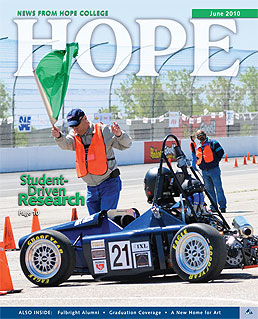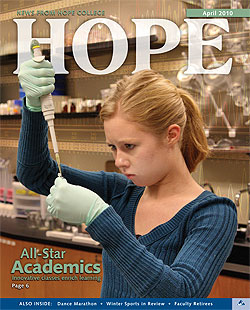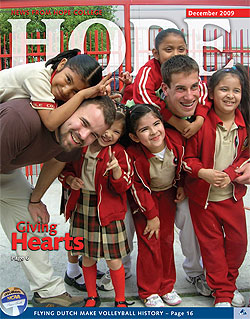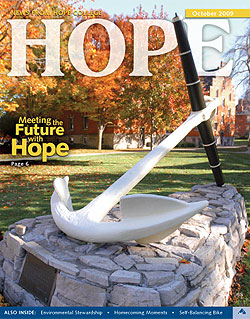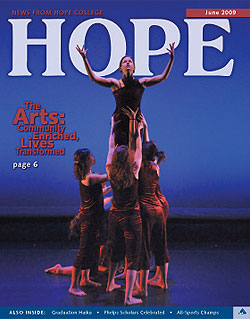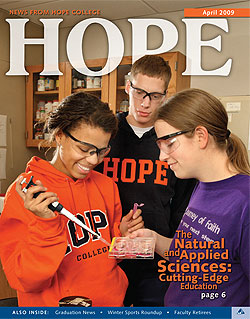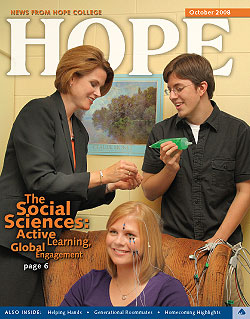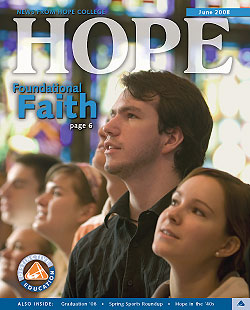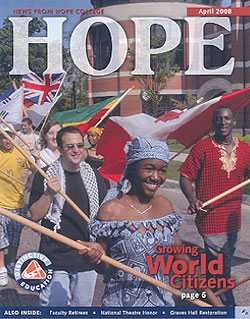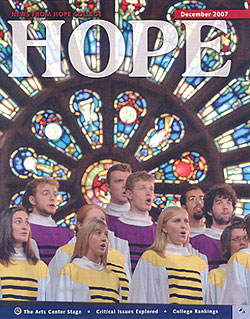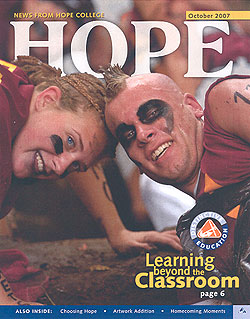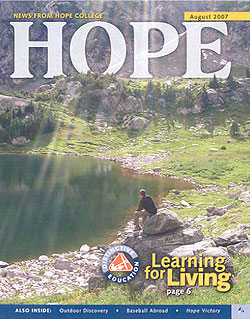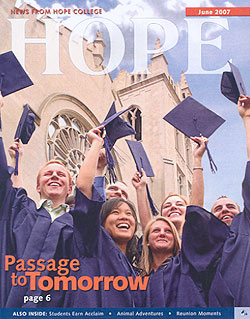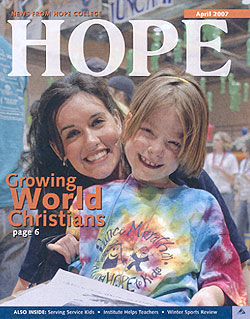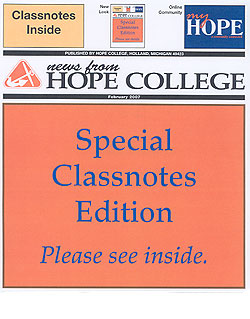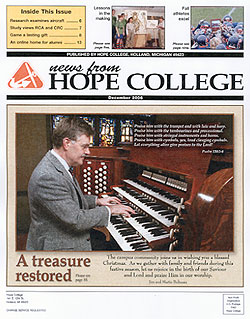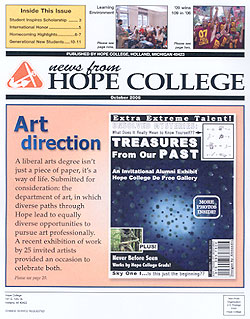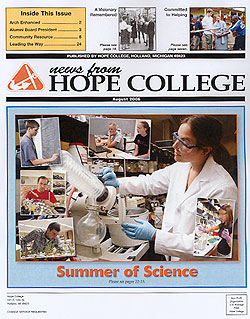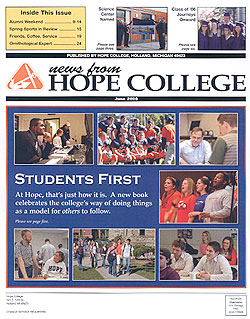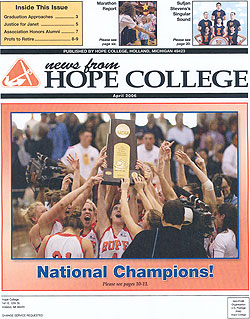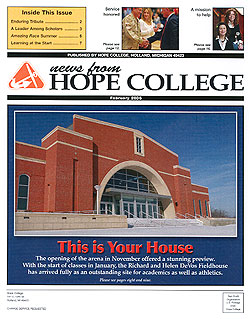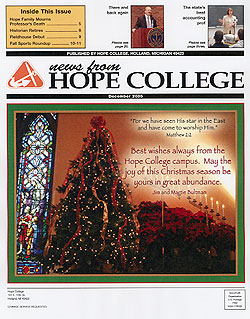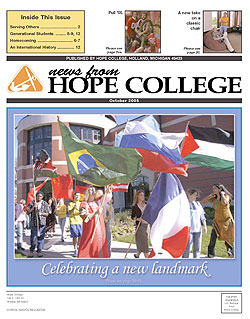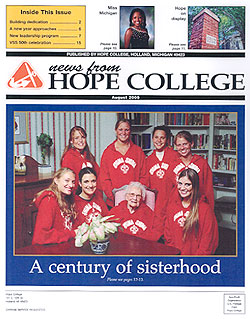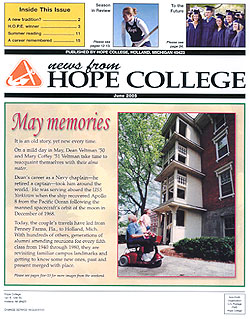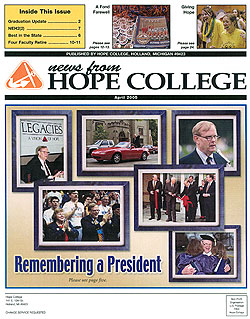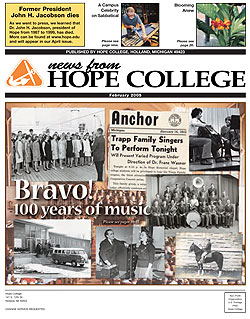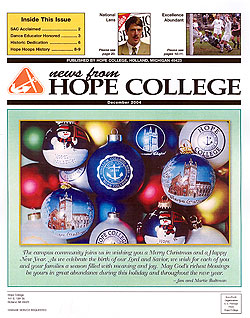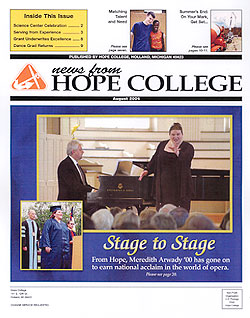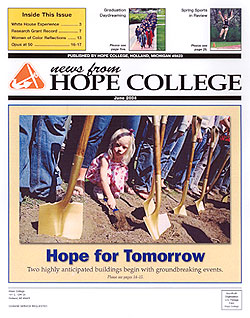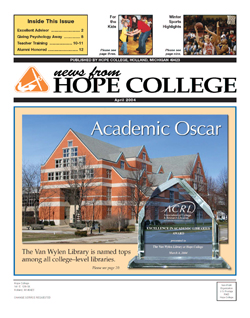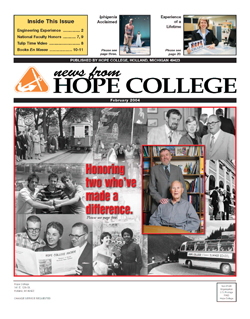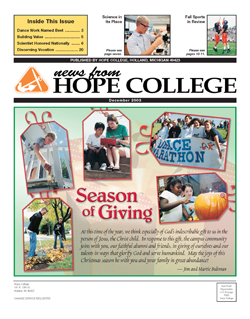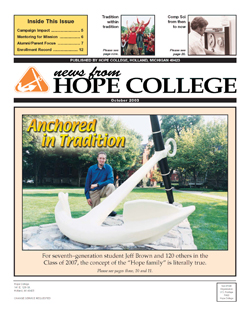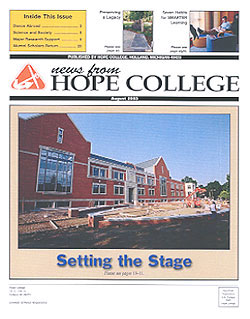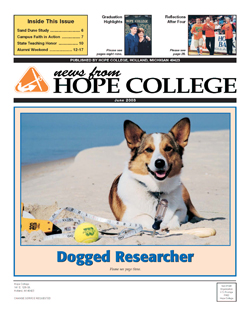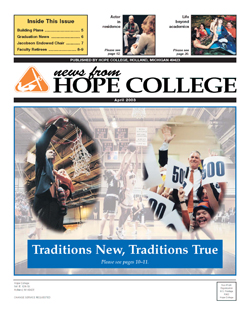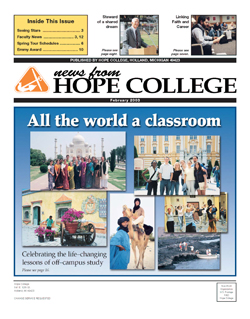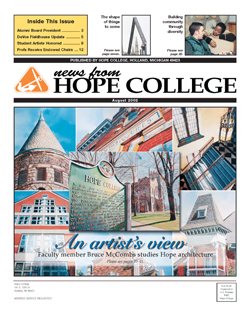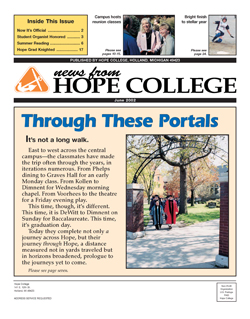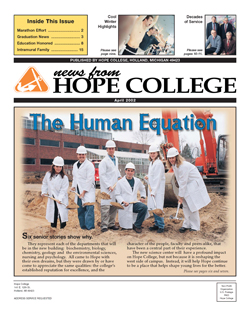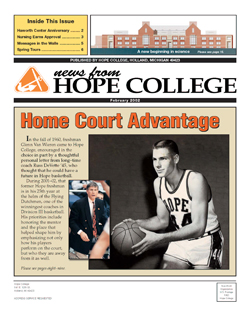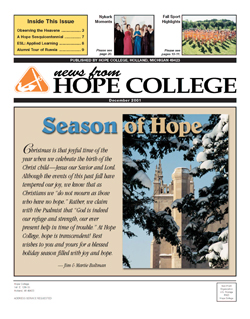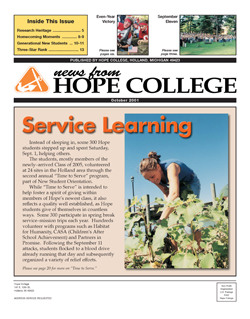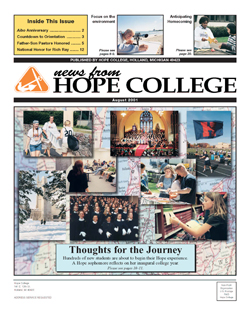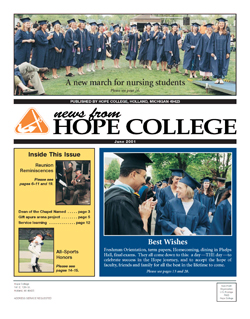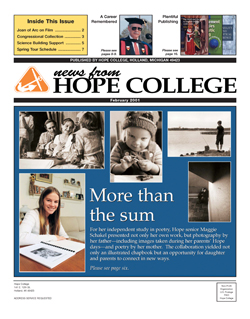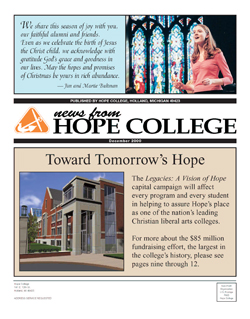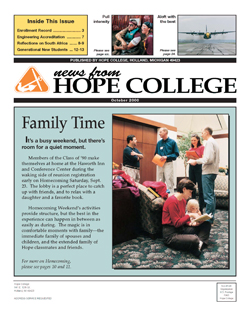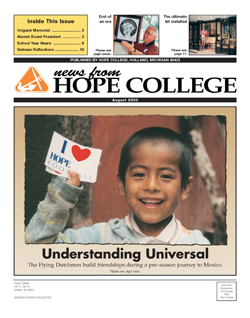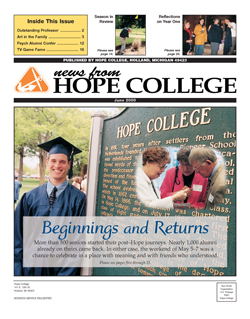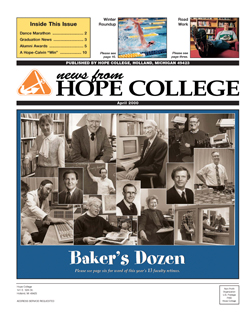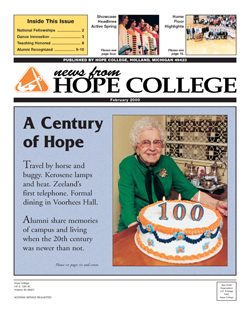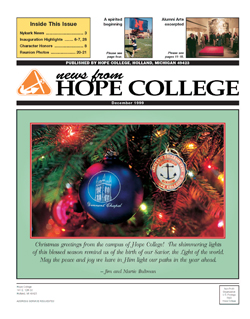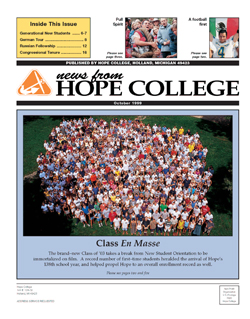Douglas Neckers ’60
DOUGLAS NECKERS OBITUARY
News story
By Alexa Scherzinger
Blade Staff Writer
Douglas Neckers, whose dedication to the study of photochemistry helped pioneer 3D printing technology, died Tuesday in his Perrysburg home. He was 84.
Mr. Neckers, who also gained recognition for his commentaries and interest in various scientific and cultural topics, had been in good health until October, when he contracted the coronavirus, family members said. In the process of recovering, he suffered a heart attack.
“We thought he was on the mend, he thought he was on the mend, and then he just took a turn for the worse,” said Pamela Neckers, Mr. Neckers’ daughter.
“It is very shocking news, because Doug was not a young man, but he still had a lot of life in him,” said John Q. Barrett, Mr. Neckers’ longtime colleague and friend. “He was going strong. It’s just really a loss.”
Mr. Neckers was born Aug. 15, 1938, to parents M. Carlyle and Doris Neckers in Corry, Pa., but grew up in a small town named Clymer in western New York state. His future life partner grew up 20 miles away near Chautauqua Lake.
A teacher first introduced Mr. Neckers to Suzanne Evans Neckers based on their shared love of music. The pair attended Hope College in Holland, Mich., where Mr. Neckers studied chemistry, and they married after graduation in 1960. Mr. and Mrs. Neckers spent 60 years together before Mrs. Neckers’ death in June, 2021.
Mr. Neckers later obtained his doctorate degree from the University of Kansas. After short stints at the University of New Mexico, Hope College, and Harvard University, he landed in Bowling Green as the head of Bowling Green State University’s chemistry department in 1974.
Mr. Neckers remained in the chairman’s seat until 1996. Midway through his tenure, in 1985, he founded BGSU’s Center for Photochemical Sciences, encouraging research of light’s interactions with matter, a process at the center of photography and photocopy.
Over the years he was acknowledged as the McMaster distinguished professor emeritus and as a faculty member of the year. He was the first recipient of the Paul Block Jr. Award for Contributions to Chemistry from the Toledo section of the American Chemical Society. The late Mr. Block, a renowned chemist, was co-publisher of The Blade.
Mr. Neckers also helped found the Physical Sciences Laboratory Building at BGSU, bringing in millions of dollars of research funding and propelling the photochemistry center to international significance. A dozen books, two dozen patents, several awards, and hundreds of journal articles later, Mr. Neckers had become a globally recognized expert in polymer chemistry.
In 1998, Mr. Neckers founded Spectra Group Limited, Inc., a company that began by producing 3D medical models for doctors. The firm was eventually sold to Form Labs Ohio – a company that used Mr. Neckers’ technology to produce thousands of swabs for coronavirus tests in the spring of 2020.
After his retirement from teaching, Mr. Neckers discovered the Robert H. Jackson Center, a Jamestown, N.Y.-based organization. Mr. Jackson served as U.S. a solicitor general, attorney general, Supreme Court justice, and chief U.S. prosecutor of the International Military Tribunal in Nuremberg after World War II.
“Part of the Nazi criminality was corporate and scientist criminals who became supporters of the Nazi state and used their genius to do evil,” Mr. Barrett said. “And Doug, as a chemist, was particularly interested in and appalled by and determined to sort of study and teach the role of the German chemists who used slave labor and produced chemical weapons during the war.”
Mr. Barrett, a law professor at St. John’s University in New York City and board member of the Robert H. Jackson Center, met Mr. Neckers through the center in 2005. The two bonded quickly.
“Doug was just really a force of nature,” Mr. Barrett said. “He just really believed in teaching and learning and the power of ideas to lift and improve people’s lives.”
Mr. Neckers went on to serve as a board member of the Jackson center from 2006 to 2018, with a stint as board chairman from 2015 to 2017. Though he and Mr. Barrett only saw each other in person a handful of times a year, they stayed in touch frequently via phone and email.
“He was a prolific communicator, I have to say,” Mr. Barrett said. “So emails from Doug were a regular, and I’m not talking two lines. I’m talking 2,000 words. Doug would type fast and have a lot of ideas and send them out to a circle of close colleagues.”
Even the 2,000-word emails didn’t contain enough space for all of Mr. Neckers’ ideas, so he turned to writing columns, including for The Blade. He wrote pieces in favor of improvements to Ohio’s higher education system and others about two uncured diseases that took his wife and brother from him.
“It’s a little bit grandiose, but he really was a Renaissance man,” said Mr. Neckers’ son, Andrew Neckers. “He had so many varied interests and did very well in all of them. He was very well-respected in a variety of communities, from music to chemistry.”
“I know everybody, and for good reason, focuses on his career accomplishments, but obviously I knew him more as a father-in-law,” said Courtney Neckers, Andrew Neckers’ wife. “He was just a wonderful man and example and loved spending time with his granddaughters. I wish he would’ve had time to watch them grow up, and I’m sure he felt the same.”
Mr. Neckers was preceded in death by his wife, Suzanne Evans Neckers, and his younger brother, Craig Neckers. He is survived by his daughter, Pamela Neckers; his son, Dr. Andrew Neckers; his brother, Bruce Neckers; and two granddaughters.
Visitation and funeral services have not been finalized. The family suggests tributes to either the Suzanne and Douglas Neckers Fund at Hope College or the Albert Neckers Jr. Endowment at the Robert H. Jackson Center.
Published by The Blade on Nov. 27, 2022.
Death of DAA Recipient Douglas Neckers, Formerly of Chemistry Faculty
Written by Greg Olgers
Nov. 29, 2022
Science in 3D with Dr. Doug Neckers
Examining the intersections of politics, medicine, and science impacting our nations
Written on Nov. 27, 2022/Update Dec. 2
